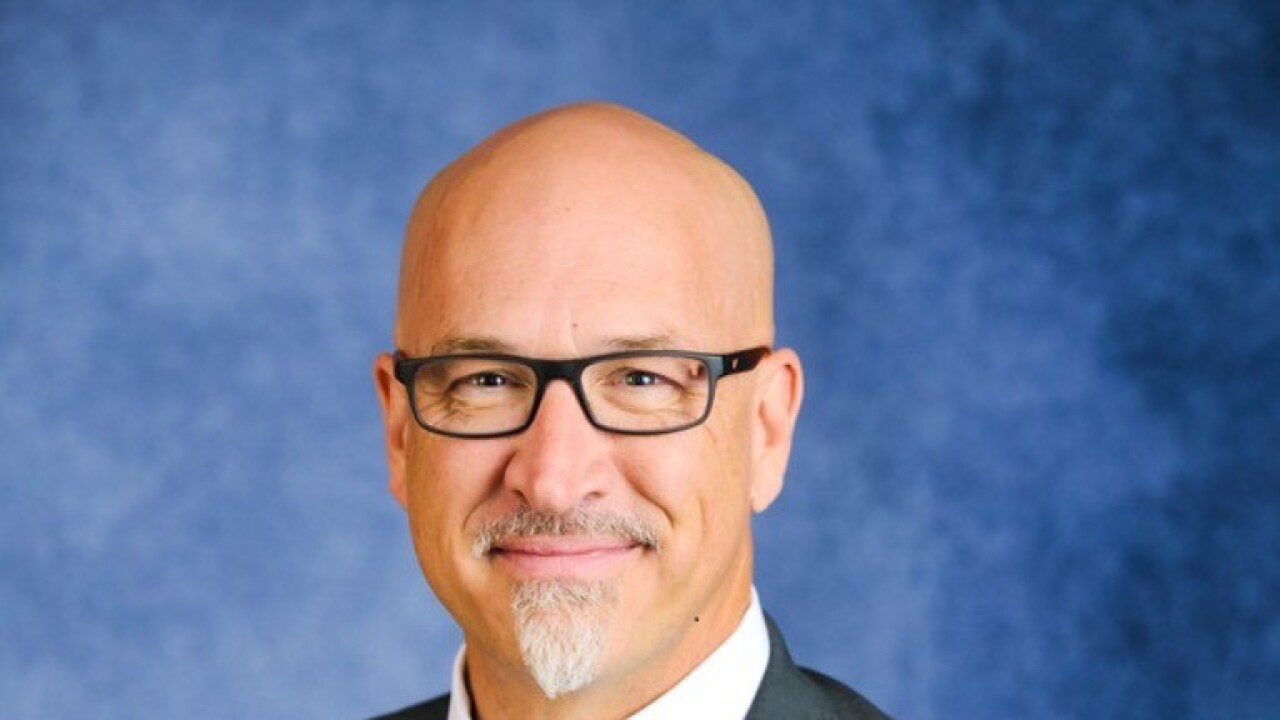
Climate change is already having a significant impact on employees, though some companies may not realize the extent.
For instance, research from the Medical Society Consortium on Climate & Health, Wisconsin Health Professionals for Climate Action and Natural Resources Defense Council found that symptoms of
This, in turn, affects employers as health plan providers. Because of that, businesses must begin to assess the environmental risks their employees face at home and on the job, using this data to build better policies and health plans for employees. This can be part of a bigger ESG tool called materiality assessment, which identifies the social and environmental factors that are the most important to company investors and stakeholders, as well as employees.
"The reality is that climate change is impacting people's health right now," says Baylis Beard, director of sustainability at Blue Shield of California. "There are health impacts from asthma to premature labor due to high heat, to impediments to care like people giving birth on the side of the road due to flooding. Environmental sustainability and healthcare are critically connected."
Read more:
However, workers believe that their employers should be doing more to address these issues. According to research from recruitment firm Robert Walters, just 15% of employees think their employer is doing enough to combat climate change, and less than one in five
"This is clearly something that is on the mind of employees, and if companies haven't picked up on that or are doing something about it, you're going to end up with a disconnect," says Sean Puddle, managing director for Robert Walters' New York offices. "You're going to drive a wedge between the company and the people, and have issues with attraction and company reputation."
Read more:
Hiring a chief sustainability officer could be one way for employers to bring about real internal change.
Only 17% of companies have an official CSO, a role that focuses on managing an organization's
"The era when the chief sustainability officer focused primarily on feel-good initiatives like corporate social responsibility is over," says Surinder Sond, former CSO and current executive vice president of sustainability at software company Sage. "Today, CSOs must tackle substantial, pressing issues to create real impact and wield influence, and now many CSOs are directly reporting to the board or CEO."
Read more:
Finally, employers need to ensure they effectively communicate any changes they make in terms of their commitment to sustainability and environmental, social and governance initiatives to their workforce. Failing to do so may mean workers are left feeling unheard and may lead to them seeking other employment. Roughly 20% of employees have changed jobs or industries for one that better matches their environmental values, and another 25% plan to do so in the future, according to a Deloitte survey.
Paycor, a human capital management platform, is one example of a firm that has focused on sustainability practices. These initiatives are built into the company's benefits, policies and programs, making them a visible part of its core values, and helping to retain employees along the way.
"You want to work for a company where you feel you understand what the goals are, and you know when things are going well and when you have areas to improve on," says Paaras Parker, CHRO at Paycor. "As companies invest in things that are really important to our employees, it's allowing us to diversify and also helping people see all the different ways that they can give."
Read more:





